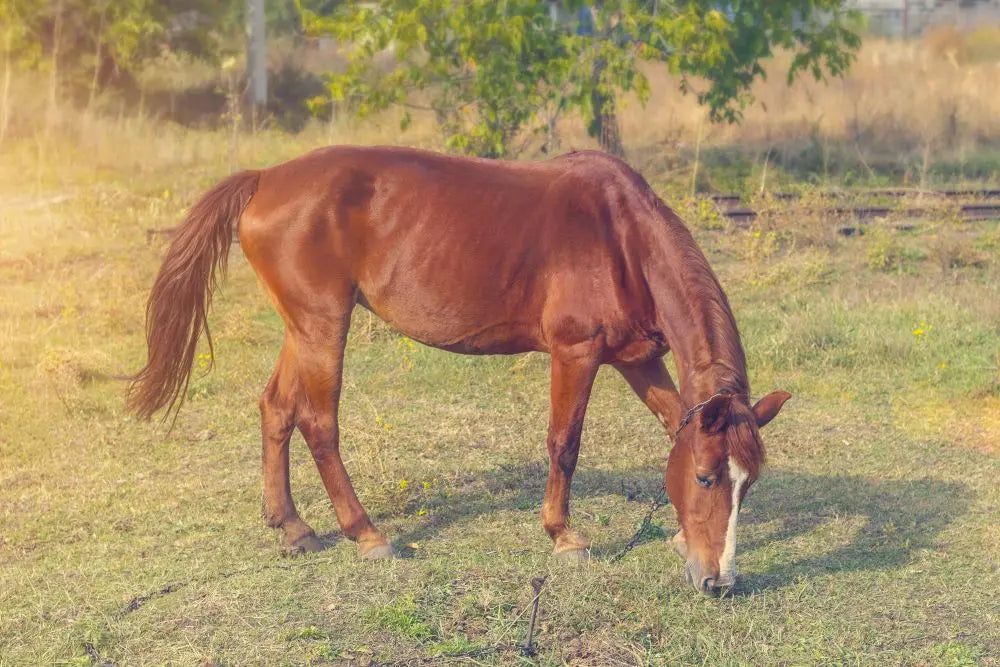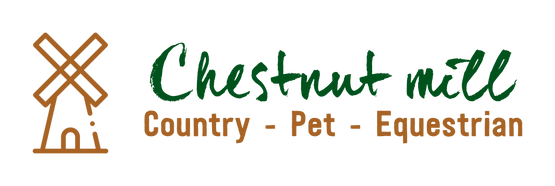From £6.99

How to Identify and Manage Poor Condition in Horses
Recognising Poor Condition in Horses
When observing a horse, poor condition can be identified through a series of visual and tactile assessments. A horse in poor condition often presents a bony appearance, with easily visible ribs and a hollow topline. Their hip bones may be more pronounced, giving the body a sharp, angular look. The coat may lack its usual sheen, appearing dull and lifeless. Muscle wastage, particularly along the back and spine, is another common indicator. When running your hands along the horse's body, you may feel a lack of muscle mass and an overall sense of frailty. Behavioural changes can also be a clue; horses in poor condition might show signs of lethargy or a lack of interest in their surroundings. It is crucial to regularly monitor these physical and behavioural signs, as they can provide early warnings that the horse's health and well-being are compromised.
Reasons Behind Poor Condition
Horses can fall into poor condition for a variety of reasons, including inadequate nutrition, underlying health issues, and environmental stressors. One primary cause is insufficient or imbalanced diets that fail to provide the necessary levels of protein, vitamins, and minerals. Without these essential nutrients, a horse's body struggles to maintain muscle mass and overall health. Additionally, chronic illnesses such as liver or kidney disease can compromise a horse's ability to properly utilise nutrients. Parasitic infections are another concern, as they can significantly impact nutrient absorption and overall vitality. Environmental factors, such as extreme weather conditions or poor living conditions, can also contribute to the decline in a horse's condition. Stress from changes in routine, herd dynamics, or transport can exacerbate these issues, leading to a further decline in physical health. Lastly, age-related changes, including hormonal shifts and reduced digestive efficiency, make older horses particularly susceptible to poor condition. Recognising these underlying factors is key to addressing and managing poor condition effectively.
Digestive Difficulties in Senior Horses
As horses age, their digestive systems become less efficient, making it challenging to extract and absorb the essential nutrients from their diet. This reduced digestive efficiency means that senior horses often struggle to break down proteins, fats, and fibres as effectively as their younger counterparts. Enzymatic activity within the digestive tract declines, leading to poorer nutrient absorption and utilisation. Consequently, older horses may not get sufficient energy and protein, crucial for maintaining muscle mass and overall body condition. Digestive tract motility may also decrease, causing slower food passage and potential issues like impaction colic. This makes it vital to provide easily digestible feeds, often incorporating prebiotics and probiotics, which can help support gut health and improve nutrient absorption. Additionally, feeding smaller, more frequent meals can assist in managing these digestive inefficiencies by reducing the workload on the digestive system at any one time. Adjustments like these are essential to help older horses maintain their condition despite the natural decline in digestive function that comes with age.
Dental Problems Impacting Nutrition
As horses age, dental issues become increasingly common and can severely affect their ability to chew and properly digest food. Worn, loose, or missing teeth can make it difficult for them to break down feed adequately, leading to reduced nutrient intake. This difficulty in chewing can result in partially chewed food entering the digestive system, further complicating nutrient absorption and utilisation. Sharp enamel points can also cause pain and discomfort, discouraging horses from eating and potentially leading to weight loss and poor condition. Regular dental check-ups are crucial for identifying and addressing these problems early on. Floating, or filing down sharp edges, and extracting problematic teeth can help improve a horse's ability to process food more effectively. Offering softer feeds, such as soaked hay cubes or senior-specific feed, can also aid in making chewing easier and ensuring that the horse receives adequate nutrition.
Necessity of Specialised Diets
As horses age, their nutritional needs change significantly, necessitating specialised diets to help maintain their health and condition. Older horses often require diets higher in easily digestible fibre, high-quality protein, and added fat to compensate for their reduced digestive efficiency. Senior feeds are formulated to provide these essential nutrients in a form that is easier for older horses to chew and digest. Incorporating ingredients like beet pulp and soybean meal can supply the necessary fibre and protein, while rice bran and vegetable oil can boost caloric intake without overloading the digestive system. Vitamins and minerals should be balanced to support overall health, particularly those that aid in joint, coat, and hoof health. Prebiotics and probiotics can be beneficial in maintaining gut health, enhancing nutrient absorption, and stabilising the digestive tract. Regularly adjusting the diet based on the horse's current condition, workload, and health status is crucial. Consulting with a veterinarian or an equine nutritionist can ensure that the dietary needs are met, helping to maintain muscle mass, weight, and overall vitality in ageing horses.
Strategies for Maintaining Condition
Maintaining condition in horses, particularly older ones, requires a multifaceted approach tailored to their specific needs. Regular veterinary check-ups are essential to monitor health and catch any issues early. Implementing a consistent feeding schedule with appropriate, nutrient-dense foods can significantly impact overall well-being. Supplementing the diet with high-quality proteins, fats, and fibres, as recommended by a veterinarian or equine nutritionist, ensures that the horse receives the necessary nutrients to maintain muscle mass and energy levels.
Routine dental care is also vital to address any issues that could hinder the horse's ability to chew and digest food effectively. In addition to dietary adjustments, incorporating low-impact exercise routines can help maintain muscle tone and joint flexibility, even in senior horses. Gentle activities like walking and light trotting can stimulate circulation and promote muscle maintenance without overexerting the horse.
Providing a stress-free environment with stable social interactions and comfortable living conditions can further support overall health. Regularly reassessing the horse's condition and making necessary adjustments to diet and care routines ensures that the horse remains in optimal health and condition as it ages.
